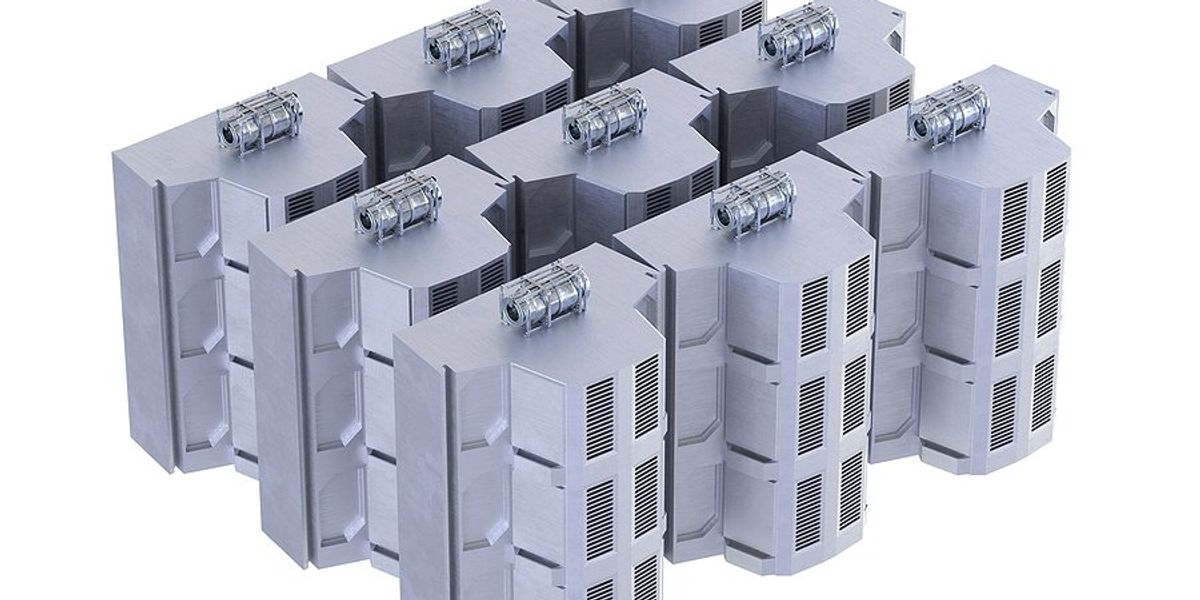sulfur dioxide
Dr. David Keith’s proposal to cool Earth sparks debate
David Keith suggests releasing sulfur dioxide into the atmosphere to lower global temperatures, igniting both interest and concern over the potential risks and benefits of geoengineering.
In short:
- David Keith proposes using sulfur dioxide in the stratosphere to reduce global warming, drawing parallels to the cooling effect of the 1991 Mount Pinatubo eruption.
- Critics fear geoengineering could lead to unforeseen global consequences, such as altered weather patterns and health risks, and divert attention from reducing fossil fuel use.
- Keith acknowledges the risks but emphasizes the potential to save millions of lives by mitigating heat-related deaths.
Key quote:
“There are unintended consequences of powerful technologies like these, and we have no idea what they will be.”
— David Suzuki, Canadian environmentalist
Why this matters:
Geoengineering is increasingly discussed as a potential tool against climate change, but its deployment poses ethical and environmental challenges. While it might offer a temporary solution to rising temperatures, it may also introduce new risks and delay essential efforts to reduce carbon emissions.
How air pollution heats and cools the planet
Leaks can make natural gas as bad as coal for climate, study says
Oil and gas operator pays millions for Clean Air Act violations
With federal aid on the table, utilities shift to embrace climate goals
Pueblo activists want clarity on Comanche power plant emissions
People in Pueblo are at the forefront of an emerging partnership to quantify environmental justice hotspots in Colorado.
Idaho lawmaker panel OKs bill to end vehicle emissions tests
A bill that would eliminate vehicle emissions testing in Idaho’s most populated region was approved by the Senate Transportation Committee on Tuesday.



















